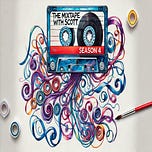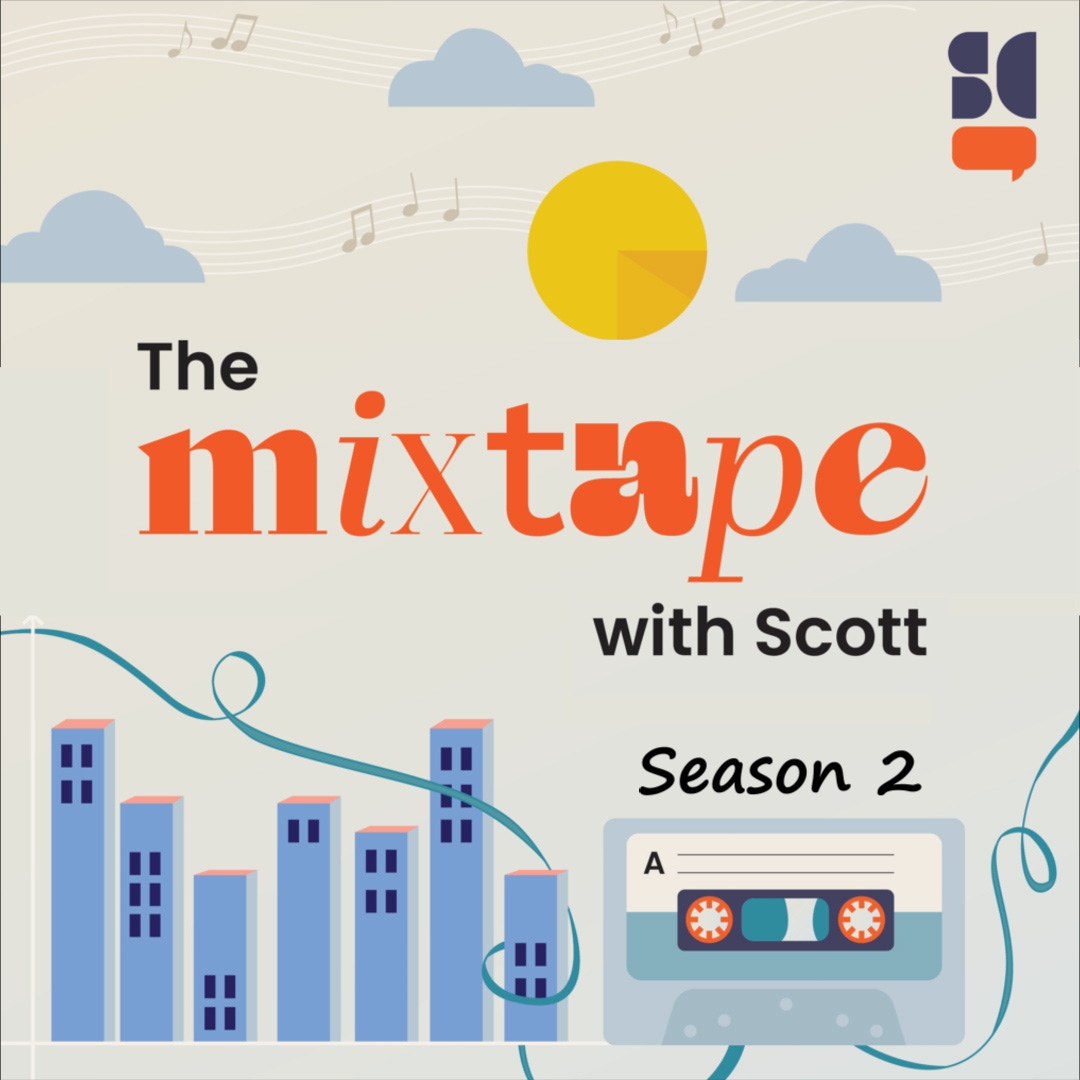Derek Neal interview
It’s Tuesday which is usually the day of the week I release a new episode for season two of the Mixtape with Scott. These interviews consist of me interviewing an economist, though sometimes I deviate and interview other social scientists or authors. The idea of the podcast is a little out there:
“to be an oral history of the economics profession, focusing selectively on topics from the last 50 years, by listening to the personal stories of the economists themselves”
Topics include things like causal inference and econometrics, Princeton Industrial Relation Section in the 80s and 90s, economists in the tech sector, Gary Becker’s former students, and “public policy” more generally. Each episode is about an hour though sometimes they go longer, and one time it went on for 3 hours (I haven’t posted that one yet). We start when they were little and usually end with where they are now, pausing often to discuss some of the more memorable work they have done.
This week I interviewed Derek Neal, a labor economist and professor of economics at the University of Chicago. If I had to summarize one thing that described this interview, and what I learned from Derek's life, it would be that he has been riding on a knife edge of close calls and good luck. Take for instance how fortunate he was that his economics professor at small college in Georgia where he grew up had been denied tenure at Kentucky. Arriving at this college, he took it upon himself to prepare students for grad school by teaching them not just economics, but through independent studies tons of the math that they did not have access to. And Derek was one of them. Or Bill Johnson, his adviser at Virginia, who helped him learn about the important craft of writing. Or the famous Sherwin Rosen who took Derek under his wing at Chicago the second he arrived there as an assistant professor.
Derek was generous in our interview. He peeled back the curtain a little and walked me through his life through all this serendipity, the “unmerited grace”, as he calls it, to where he is now. Unmerited grace tends to create within the recipient a sense of calling to do the same for others, and the sense I get, and the rumors I hear from others, is that Derek works hard to be for others what his mentors had been for him. I was told by a former student of his just this week that Derek was an incredible adviser, “but very tough”. A description I’ve heard from others whose papers he edited when he was editor at the Journal of Political Economy, too.
For people, like me, who love the stories of the old economists at the University of Chicago, hearing more about people like Sherwin Rosen (who hasn’t come up before on the show) and Gary Becker (who has) should delight you. It was also good to have a southerner whose drawl matched my own. You be the judge who carries it better — me or Derek.
I hope you find this emerging mosaic of stories of our profession of the last 50 years as interesting as me. I am appreciative of all these people giving me an hour of their time and sharing their stories and the stories around them as they followed their own path. I hope you hear their story, but as corny as it sounds, our story and your story too. Hearing stories, listening to stories, and telling stories are important to me, and I’m glad I get to share these with you.
So thanks for listening and tuning in. Don’t forget to like, share, follow and subscribe!













